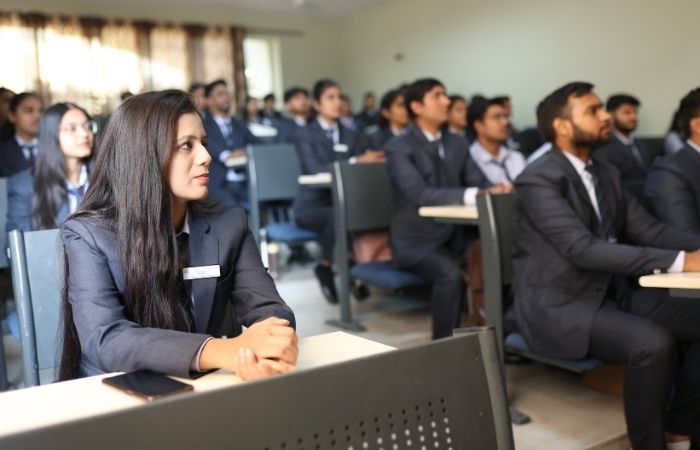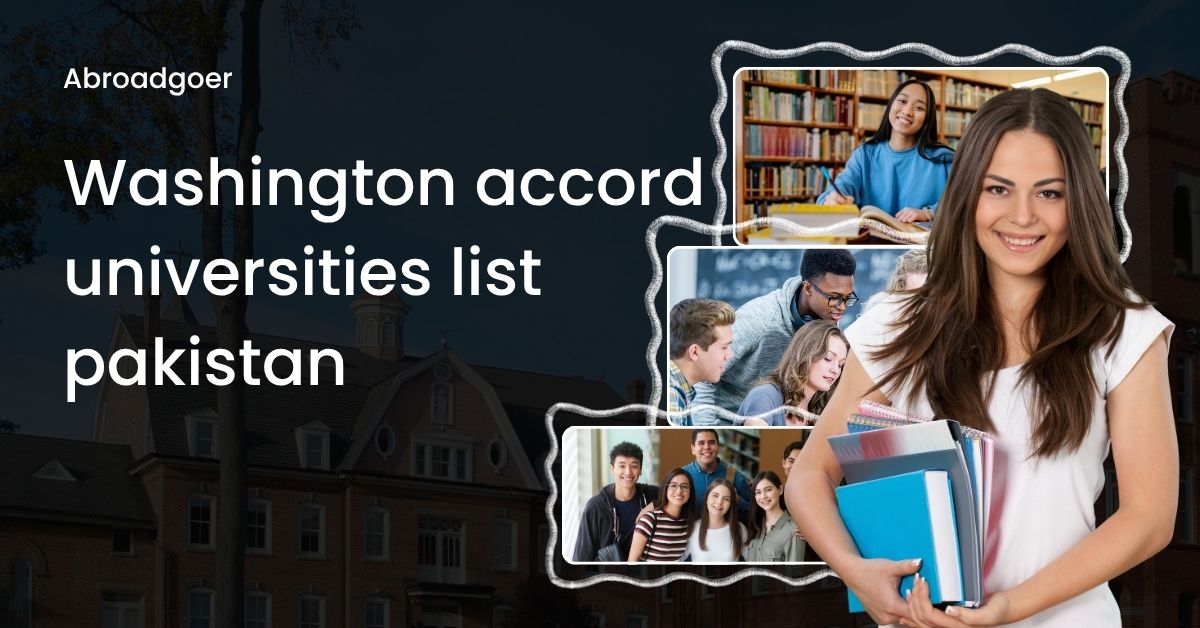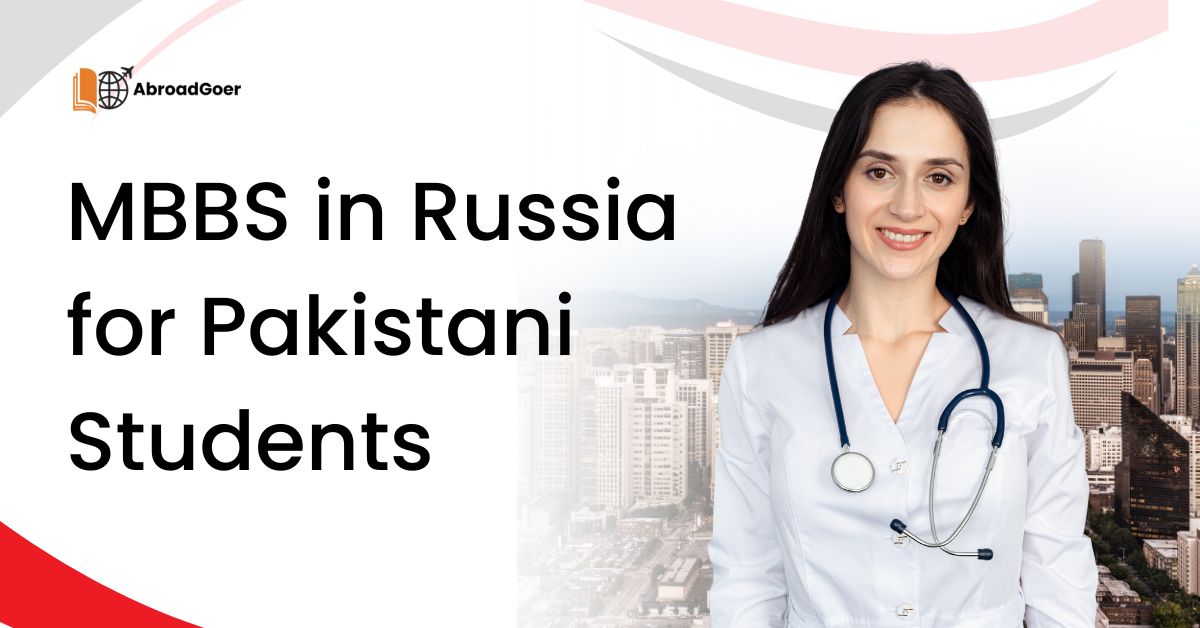Best Colleges for Russian Studies
The world is a vast, interconnected place, and understanding different cultures is more important than ever. If you are fascinated by the history, languages, and rich traditions of Russia and Eastern Europe, then a degree in Russian studies might be exactly what you are looking for. This field is not just for aspiring spies or academics; it opens doors to exciting careers in everything from human rights advocacy to international business.
In this article, we will explore some of the best colleges for Russian studies in the US, delve into what makes these programs stand out, and even touch on what kind of amazing career you could build with such a unique degree. So let’s dive in.
Why Pursue Russian Studies?
Fast forward a few years, and Sarah is now a successful translator for a major international organization, helping bridge communication gaps between different cultures. Her passion for Russian and Eastern European languages and literature did not just lead to personal fulfillment; it led to a thriving career.
Graduates in Russian and Eastern European languages and literature earn an impressive average annual income of $72,723. To put that in perspective, that’s over 81% more than the average American earnings. This degree is not just about intellectual curiosity; it’s a smart investment in your future.
What Defines the Best Colleges for Russian Studies?
When our team of college researchers set out to find the best colleges for Russian studies, they looked at a lot of factors. It’s not just about famous names, it’s about programs that truly prepare you for success. Here’s what they found about the top schools. In our endeavor to come up with the information on the best colleges to pursue Russian Studies, our college researchers considered a number of factors. It is not only about well-known names; it is about programs that really make you become successful.

These are what they discovered concerning leading schools: Hard to Enter, But Well Worth It: They get so few people in, with a median acceptance of 7%. This is quite selective, so you will have to have good grades and test scores (their undergrads had a 34 on the ACT on average) to get in. Although don’t forget, the more you work to get in, the more interesting the experience tends to be.
- Tuition with Aid: Affordable tuition mustn’t tick you off! Although there are these universities with high tuition rates, the collection of these tuition, including financial aid and scholarships, averages a cost of $20,990. In addition, their undergrads get an average of $49663 in aid annually. What this implies is that when you are accepted, the school tends to make it affordable to you.
- Elite Education: The average 10-point rating with the School Authority was on the overall ranking of these colleges. This informs you that they present an excellent learning experience in all areas, not only in Russian Studies.
Top Institutions for Russian Studies: Our 2022 Picks
Now let’s get to the exciting part, the list of the top institutions that truly shine in Russian and Eastern European languages and literature. You might find a few surprises here, but each one offers a unique and enriching experience.
So, here we come to the most thrilling part of our todaylandist list, the ranking of the best institutions which indeed sparkle in Russian and Eastern European languages and literature. You may get some surprises here, even so, there is no similar experience you can get elsewhere.
- The Stanford University (Stanford, CA): Situated practically in the epicentre of Silicon Valley, Stanford University is not only a technological powerhouse but also a unique place with an impressive Russian Studies program. Stanford admissions are erringly competitive, and the school houses some of the brightest brains. Although famous as a science and engineering institution, its bicultural heritage and strong commitment to the humanities make it an exceptionally favorable place of study for language and literature. Stanford graduates are likely to earn great salaries even after leaving the programs, as alumni earn a mean of 70,400 two years after college and 94,000 after an additional four years!
- New Haven (CT): Yale University. Being one of the most educational powerhouses in the world, Yale University provides a sunken program that explores in detail about Russian language and culture. Yale is extremely selective, with only a 6 percent acceptance rate, and looks to attract students who are interested in complex issues. Their interests in such fields as history, global studies, and anthropology are a perfect complement to Russian Studies, so the approach to this is possible in the utmost interdisciplinary sphere. Graduates of Yale earn an average of $56,600 two years and 83,200 after six years.
- Harvard University is a byword of academic excellence just across the river from Boston. Its Russian Studies program is comprised of its extensive resources and strong faculty at the prestigious Harvard. Only 5 percent of all those who apply qualify to join Harvard, which is made up of people committed to their course. Harvard graduates also have good chances of employment with an initial salary of $70,300.
- Princeton (Princeton, NJ) This is because Princeton University provides a challenging academic environment in which a student can immerse themselves in Russian and Eastern European languages and literature. Having a similar competitive acceptance rate of 5%, Princeton offers a small and personal learning process, even though it has international fame. The average starting salary of Princeton graduates starts at the amount of $60,800.
- Duke University, Durham, NC. One of the oldest universities is Duke University, which lies nestled in the city of Durham, North Carolina, and has a reputation for great academics and campus life. The same is true of its Russian Studies program, which offers a well-rounded curriculum delivered in an environment of support. The acceptance rate is a bit higher where at 9 percent, yet it is a very selective school. Duke graduates have high starting salaries of $76,300.
- Columbia University (New York, NY) One of the largest bonuses to Russian Studies students is the availability of different cultural experiences in the very heart of New York City, with which Columbia University is closely associated. Columbia, with its 6 percent acceptance rate, is an optimal selection for educators looking to be in an urban academic atmosphere. University graduates with Columbia make an average of approximately $66,500.
- Philadelphia, PA, University of Pennsylvania. The university is a large institution in Philadelphia that is usually referred to as Penn. Its interdisciplinary research is one of its strong sides, as it applies to its Russian Studies offerings. Penn offers a hard academic challenge with its 8 percent admission rate. Penn graduates state that the entry-level pay is $71,600.
- Evanston, IL Northwestern University Northwestern University is located right outside Chicago and offers high-quality education and focuses much on critical thinking. It has a good Russian Studies program that receives committed students. Northwestern has a balanced academic and social lifestyle with an 8 percent acceptance rate. The graduates will take home a salary of 58, 900 dollars as the starting amount.
- Vanderbilt University in Nashville, TN is beautifully situated in Nashville, Tennessee and is one of the most prestigious academic institutions. Through its Russian Studies, the students learn about the complexity of the region in a supportive environment. Compared to other universities, Vanderbilt is competitive with a 10 percent acceptance rate, but also manages to focus on student success. The average salary of alumni is $53,400 two years after graduation and up to $69 000 after 6 years.
- Pomona College, Claremont, CA, is another California jew, a reputable liberal arts school. It has a Russian Studies program, which is owned by the larger group known as Claremont Colleges, and the program enables learners to explore Eastern European cultures in a broad way. Pomona has an 8 percent acceptance rate, which offers a small and demanding academic environment. Two years after joining, graduates earn an average income of 41.100, and the number goes up to 58100 after 6 years.
Opportunities for Studying in Russian
As far as one is keen on studying the language and exploring the culture, there is nothing better than seeking the chance to study in Russia. Although the political situation may make some choices, there are various good programs and paths to follow.
- Direct Immersion Program: A large number of universities, including those mentioned above, have or suggest studying abroad, where they can do their courses in Russian. You have got to imagine a course in literature where every single conversation is in the target language!
- Language Schools in Russian Speaking Countries: Also, outside universities, additional language schools in those countries with a high number of Russian-speaking people provide intensive courses. As an example, Tallinn Summer and Winter School in Estonia provides a course called Winter Course in Russian Language, which is taught by native speakers, and it focuses on real-life communication. Estonia is a good place to experience safe and successful immersion because of its old ties.
- Foundation Year Programs: Other schools, such as Abai Kazakh National Pedagogical University in Kazakhstan, have Foundation Years that begin from the 2nd year (i.e., repeat in their 1st) with a min. duration of 1 year; it is known in such cases as the Teacher Training Programs for foreign citizens. They can be accepted as a year of foundation, and you would study the Russian language and literature and train yourself for further academic exploits or any teacher-related career.
Experiences like studying Russian in Moscow
The prospect of really learning to speak Russian in Moscow became the classic means of mastering Russian, and people travelled to the source more or less since the early decades of the twentieth century. Although with changes in the world, direct study of Russian in Moscow programs may have taken a different turn, the idea of immersion into the very culture like a core is still strong. Even though a semester of studying in Moscow may not be a possibility at the moment, a lot of programs do feature Russian cultural immersion as well as historical research.

As an example, Trinity College in the USA states in their program that they offer a tailor-made semester of study in Moscow, an indication of the inherent worth of first-hand experience. The Russian departments that are well represented in school are known to invite visiting scholars and lecturers who can give you a flavor of lived experience in Russia, at least, then, figuratively speaking, it brings Moscow to you. Otherwise, the software offered in such countries as Latvia or Estonia (discussed in the previous section) can offer a similar immersive impact with other logistical opportunities. Such locations present an opportunity to practice and speak Russian daily, learn the Russian culture inside out, and live the language.
Beyond the Classroom: What You Can Do With Your Degree
You are, therefore, one of the lucky people who have decided to study Russian Studies in one of these wonderful schools, and you are also willing to make the journey. What post-graduation? The opportunities are enormous! Career by Step Guides:
- Look into Your Interests Early: As a student, consider attending campus organizations on international relations, human rights, or language exchange clubs. Visit lectures by diplomats, translators, or journalists specialized in Eastern Europe. This assists you in determining what really sparks your fire.
- Key Experience: Find an internship either within the Department of State or an organization such as non-profits that work on human rights in the region, or with a translation agency. Just to give an example, imagine working as an intern in an organization that is assisting Ukrainian refugees with your knowledge of the Russian language, which is just starting to prosper. This working experience is priceless.
- Network: Go to career fairs, alumni (people in desired fields), and such websites as LinkedIn. Then, an appropriate connection may be the key to opening a door you never knew.
- Think of Further Education: In certain professions (e.g., becoming a university professor in the field of Russian literature), you need a master’s degree or a ph.d. In other cases, such as working in intelligence, they may be given special training. Some master’s programs, such as the Hamilton Lugar School of Global & International Studies at Indiana University, are specific, in that their Master of Arts in Russian and East European Studies degree is programmed specifically in preparation for non-academic positions within the government or corporate sectors.
- Be a Change Agent: The world evolves at a fast pace. Having a Russian Studies qualification equips you with powerful analytical and critical thinking capabilities, and therefore, you will be flexible in any job, despite your original line of career development.
- Career Bounds: Human Rights Advocate: The special knowledge that you have about Eastern European political systems and cultures cannot make you a better fit to become an employee of the organizations protecting human rights all over the world. You may be investigating abuses, lobbying to change policy, or even directly helping those afflicted communities. A human rights advocate earns an average annual salary of about 45,058 dollars in the U.S, with the best of them making up to 61,000. On the legal route, a human rights attorney may get more than $100,000 a year.
- Translator Interpreter: The need for Russian translators in legal, medical, business, and diplomatic environments is still high. Having profound linguistic knowledge will be highly appreciated. It is like being the person who can make sure international negotiations are conducted in the clearest way possible, and you will have a very significant job to play! In the U.S, an average of approximately $57200 annually is earned by a professional translator.
- Department of State Staff: The foreign service officer! These jobs entail diplomacy, analysis of the policies, and the representation of U. S.’s interests in foreign places. Your level of language and knowledge of the Russian culture would be something superb in places such as Eastern Europe and Central Asia. The average salary earned by a Russian Linguist who is employed by the Department of State is $73,373.
- Intelligence Analyst: The CIA or NSA, and other security organizations, are interested in people with an in-depth knowledge of the languages and cultures of other countries to examine geopolitical scenarios and present vital information.
- International Business Consulting: Those businesses with or in the Eastern European markets require the assistance of someone who is acquainted with the local language, business etiquette, and politics.
- Journalist Analyst: Write about world news, have a particular assignment with Eastern European news, or give expert opinion to news stations.
- Academia: In case you are fond of research and teaching, the vocation of a scholar, being a professor in a university, may be the choice after receiving a Ph.D. educational degree and educating the next generation of students in Russian Study Abroad Programs.
Final Thoughts:
The decision to select a college and a major is extremely important. In the case of Russian and Eastern European languages and literatures, you are not choosing a topic, at least not in this case; you are gaining an expertise that is in high demand in our international perception. Such programs, especially those of the best colleges to study Russian Studies, will furnish you with an intensive scholarly background, exposure to the culture, as well as networks that may propel you into a well-paying and satisfying career.
Consider it this way: with a world growing ever more interconnected, where it increasingly becomes of paramount importance to understand other means of thinking, your understanding of Russian and Eastern European Studies makes you a very valuable person. You can study abroad in pursuit of justice, translating key documents, influencing global policy advocacy, or take your degree and make a genuine difference in the world.
Thus, in the case you feel that you want to discover the depths of the Russian culture and, somewhat further, jump. These institutions are not only providing an education, but they are also becoming the means to a bright and phenomenal future. We believe that doing Russian Studies in one of these best schools or universities is one of the best choices that you will ever make concerning your academic and career moves.







